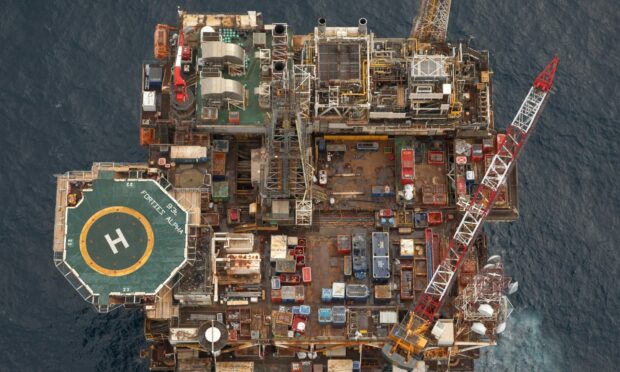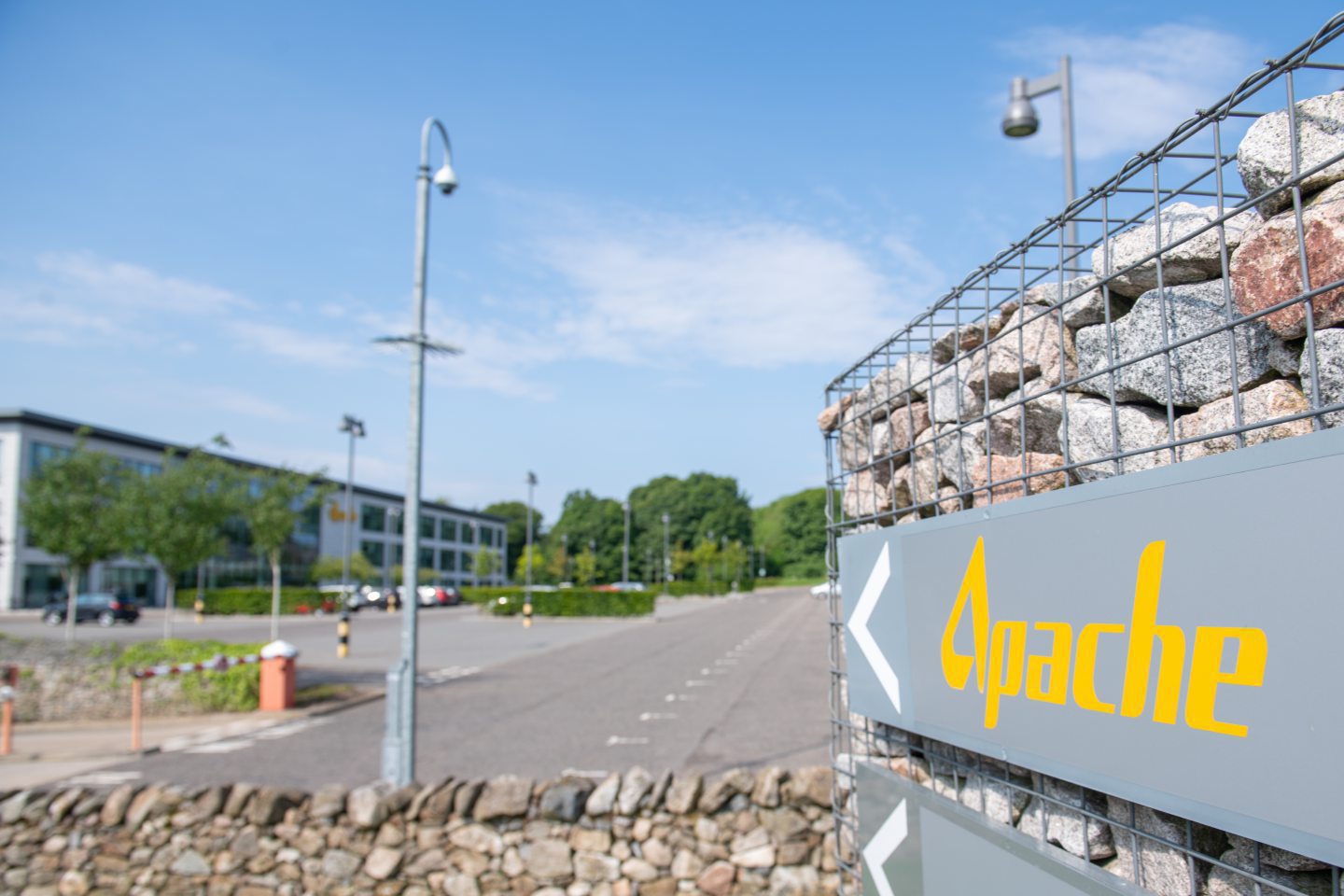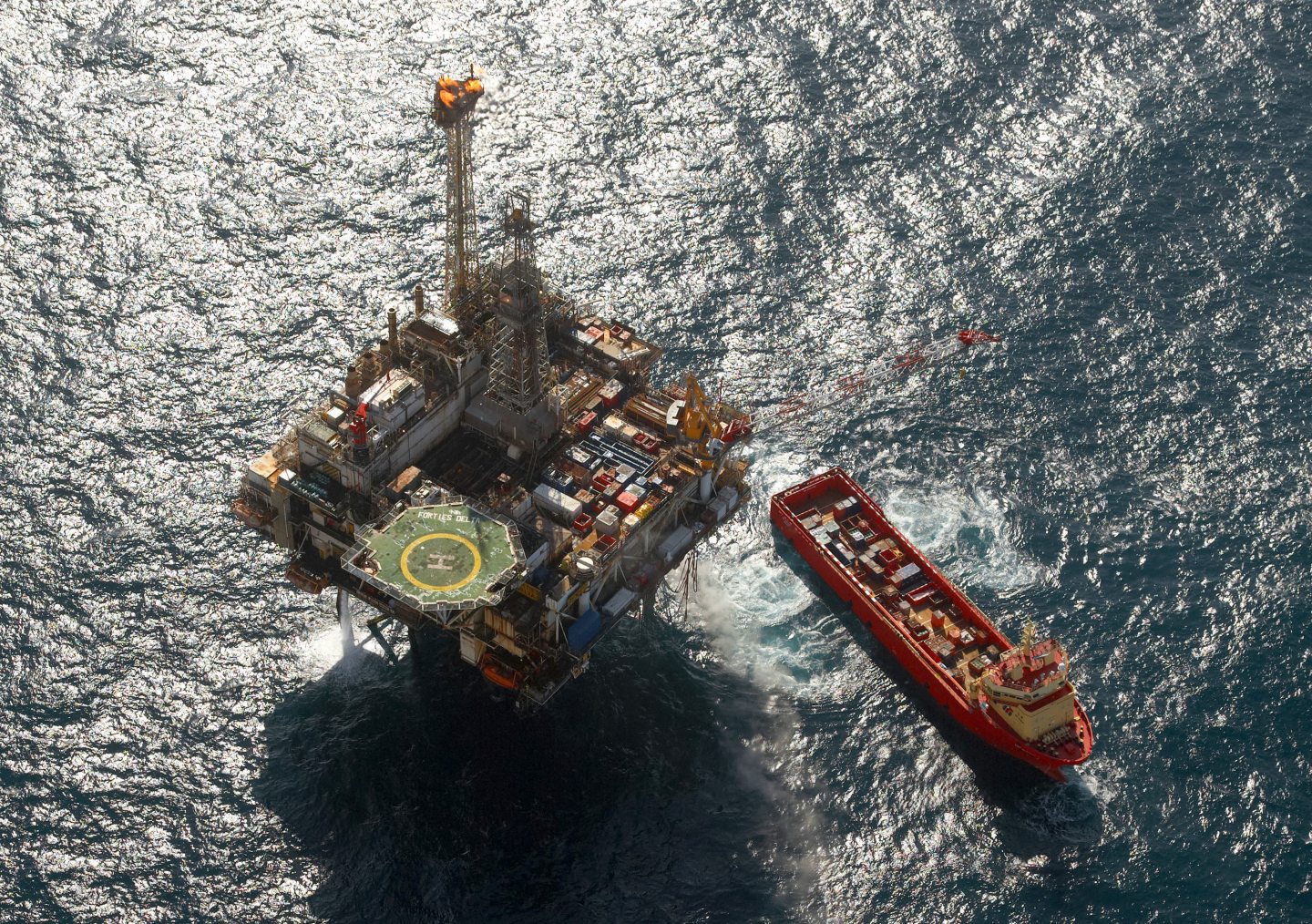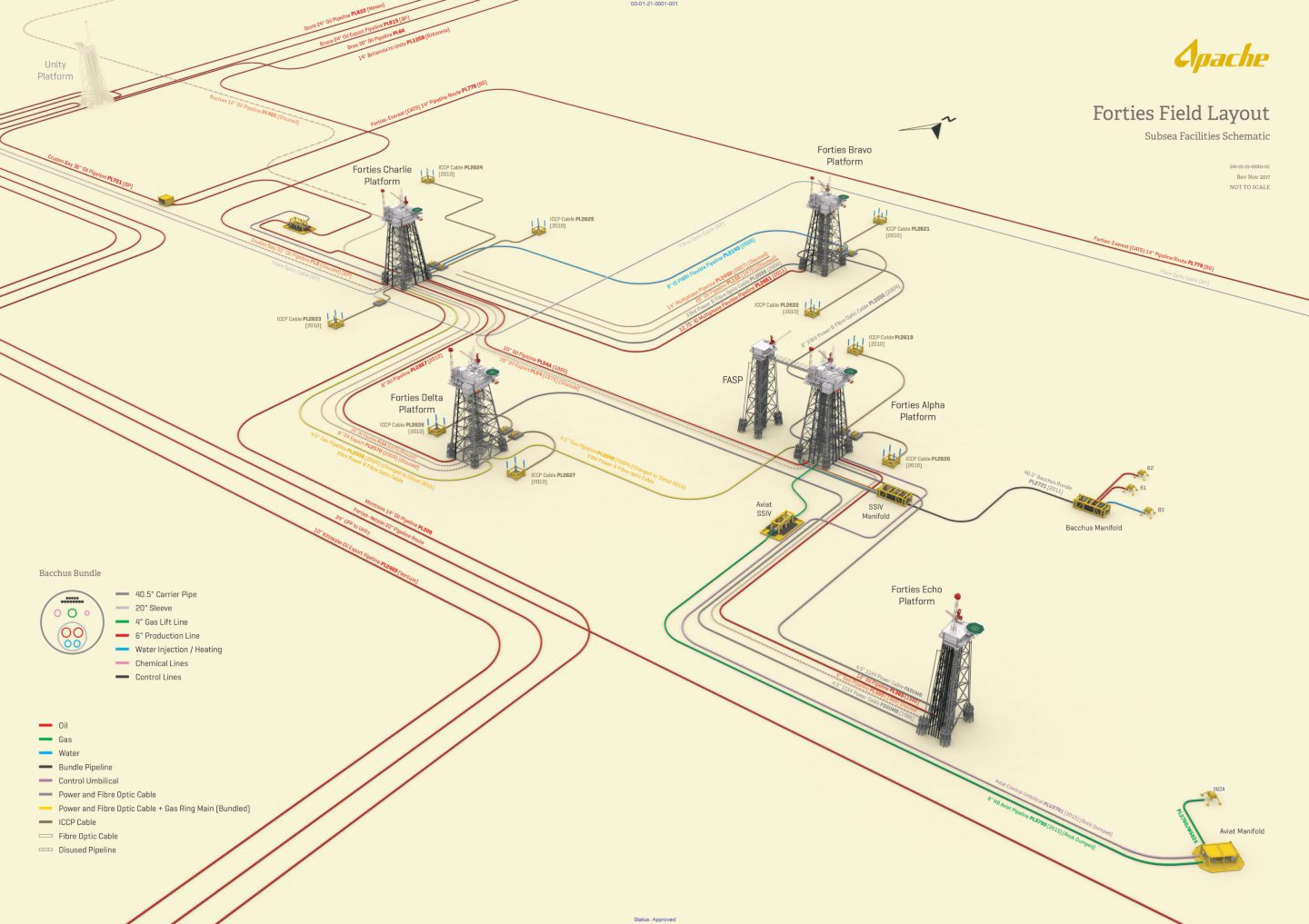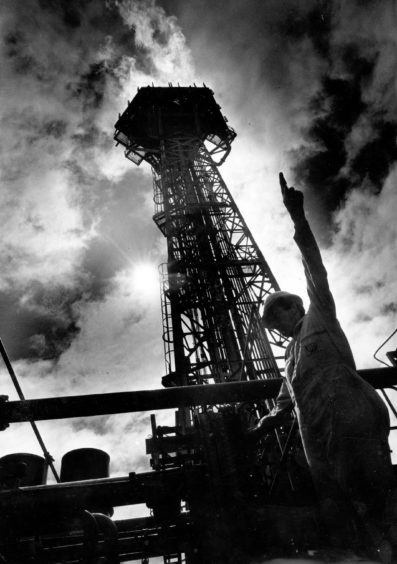North Sea oil firm Apache plans to bring forward the shutdown of the iconic Forties field by 11 years amid a £200 million spending cull.
The US company, which took over Forties from BP in 2003 and recently announced plans to end UK drilling, aims to end the field’s production in 2026.
Court documents seen by Energy Voice, sister website to The Press and Journal, confirm the plan.
51 years of oil from Forties?
It would bring an end to 51 years of production from Forties, which helped launch the North Sea industry in Aberdeen.
BP sold the “jewel in its crown” to Apache in 2003.
The US company had no track record in the UK North Sea at the time, taking on 230 staff and 35 onshore employees.
A plan drafted last year suggested the firm had hoped to keep Forties going until 2037, with capital expenditure of £238 million planned for 2022-2029.
But a new timeline from the company, which has been contested through the proceedings by former operators and partners, has cut the spending and greatly accelerated Forties’ demise.
Apache now expects to spend just £9 million on the oilfield between 2023 and 2030.
The company has also introduced the production end date of 2026.
Whether it actually happens on this timeline is in question, though, as the England and Wales High Court case went against Apache, and its plans may need to be redrawn.
The Texas-headquartered firm has said it is making an appeal.
It comes amid Apache’s recent decision to end drilling in the North Sea, with the firm citing the UK Government windfall tax as a factor. The move has already led to job cuts.
Forties was discovered more than 50 years ago and first produced oil in 1975.
The field is about 170 miles off Aberdeen. Production is from a total of five manned platforms.
Forties: Apache in legal battle with Neo, Esso, Shell and BP
End of life details have emerged in a legal case between Apache, as operator, and current and former partners or owners on the field. These firms include Neo Energy, Esso Exploration and Production, Shell and BP.
The split of current decommissioning obligations between the companies is unclear.
Apache and the other firms are disputing the terms of a decommissioning security agreement (DSA) obliging Apache and Neo to provide security for the cost of decommissioning.
Under UK law, should the current owner of a platform fail to meet decommissioning costs, the obligation falls to other partners or former owners.
Part of what led to the disagreement – and the reason cited by the judge for the accelerated timeline to end production – is Apache including a calculation of inflation, citing a £779 million cost, in the plan. This was factored into its estimate of the remaining reserves on Forties.
Esso, Shell and BP argued successfully this inflation estimate is at odds with the DSA.
Judge Mark Pelling ruled an independent expert should come up with an alternative plan.
Asked whether the judgement will alter its intentions for Forties, Apache confirmed it is making an appeal.
A spokesperson said: “Due to an ongoing appeal of the judgment and confidentiality provisions in the decommissioning security agreement, we cannot comment.
“Decommissioning security agreements prescribe assumptions and formulas which must be applied by the operator for the purposes of calculating security.
“Whilst they should, therefore, generally reflect operations, this will not always be the case.”
Shell and BP welcomed the ruling, while Neo and Esso did not respond to requests for comment.
Apache, Forties and the windfall tax
Apache still has the Beryl field, which is thought to have plenty of production life remaining despite question marks over its future.
The firm’s latest calculations for Forties show annual production from the asset falling from 7.1 million barrels in 2023 to one million in 2040.
Aberdeen University petroleum economics professor Alex Kemp said the impact of the recent energy profits levy (EPL) – or windfall tax – on the calculations was not clear from the documents.
Prof Kemp added: “The interesting point… is not that it (Forties) is approaching cessation of production. It is clear the operator has said this needs to be accelerated by quite a lot and incremental projects are not now being seriously thought about.”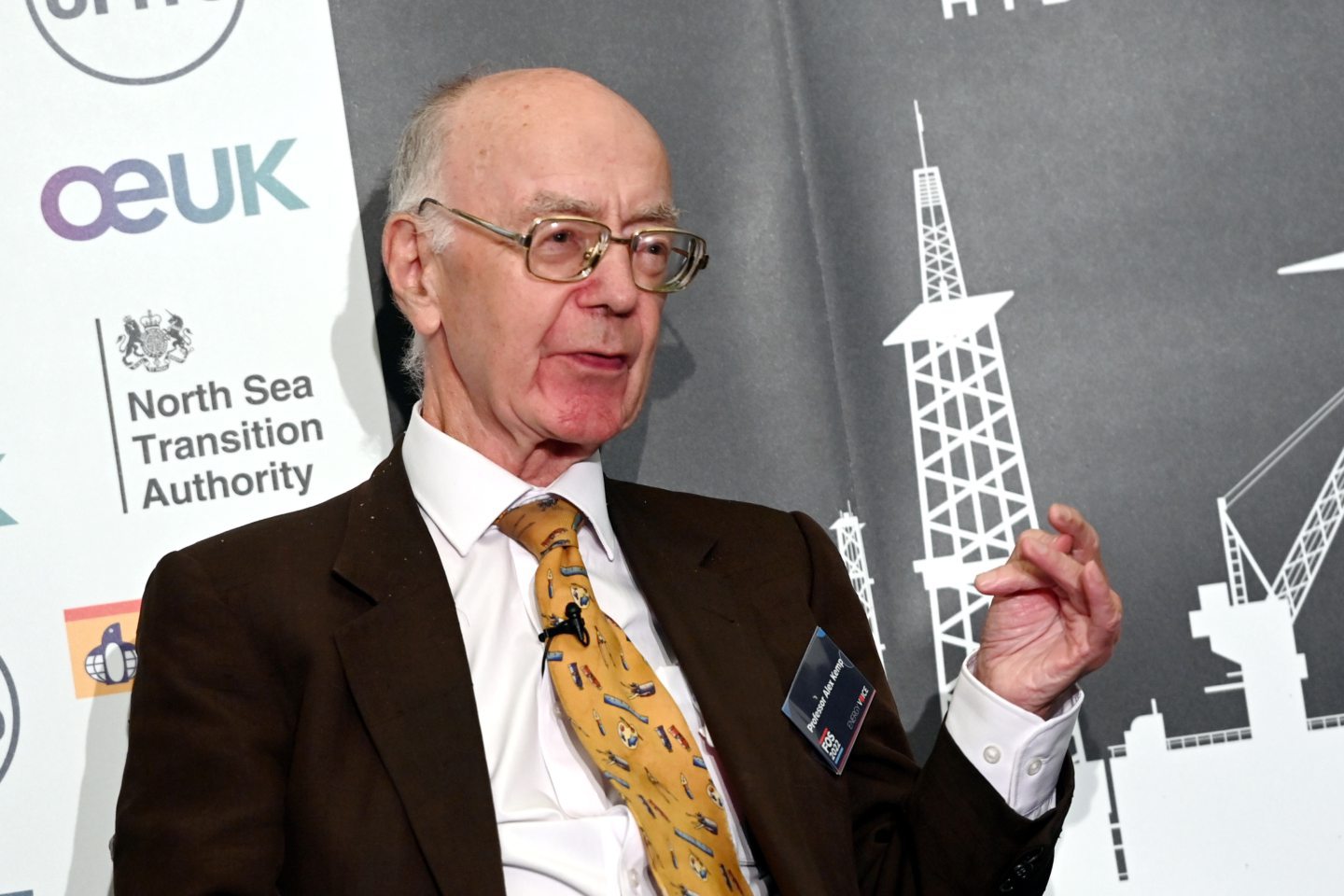
Professor Alex Kemp.“The idea investment is cut there because the returns to these incremental projects are not very high would be consistent with the findings of our study on the EPL, especially when the rate was increased.
Apache’s drop in spending of nearly £230 million for Forties suggests a “major reappraisal” by the firm, he added.
